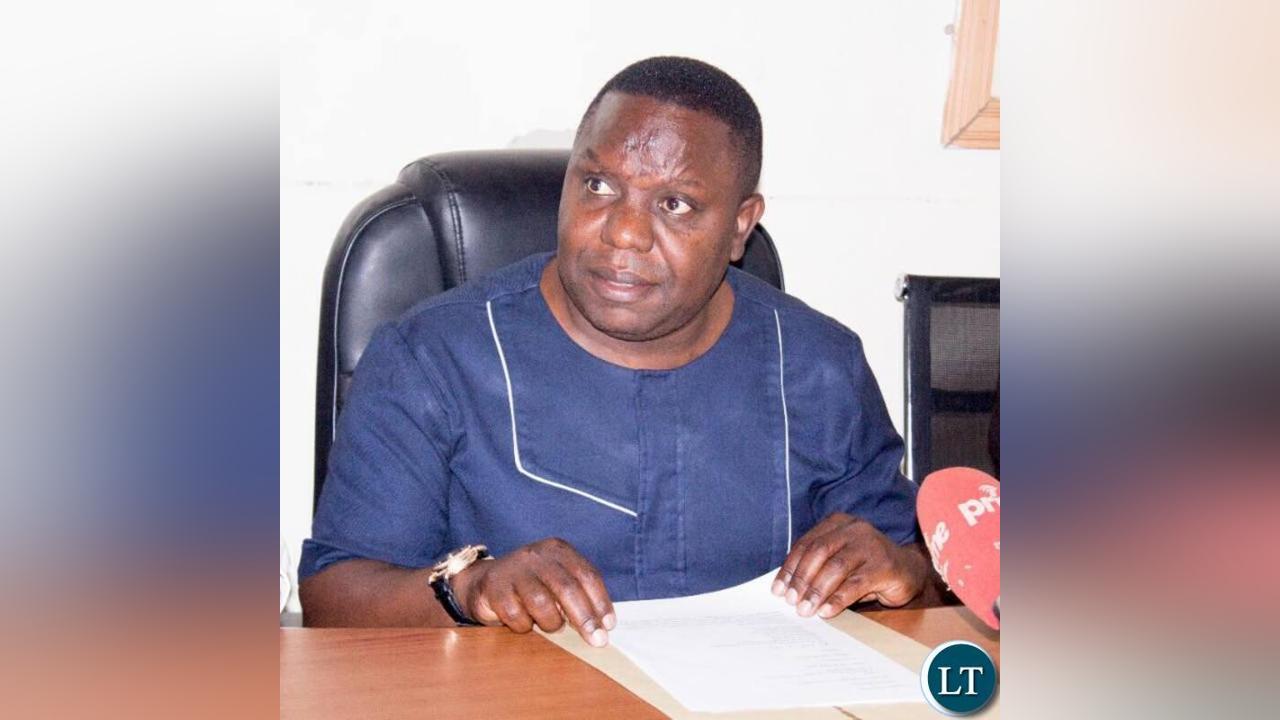Africa-Press – Zambia. The recent directive from the Registrar of Societies to political parties, instructing them to hold intra-party elections for vacant positions within 60 days, has stirred mixed reactions among political leaders and their respective parties.
Citizens First Leader Harry Kalaba has reacted strongly to the directive, threatening to take legal action against the Registrar of Societies. In a telephone interview with ZNBC News, Kalaba expressed his discontent, noting that this directive marks the first instance where the Registrar of Societies has pushed political parties to hold conventions.
His concerns highlight the significant impact this directive has on the internal affairs of political parties. The Patriotic Front (PF) has also weighed in on the matter, describing the ultimatum as illegal.
PF’s Chairperson for Information and Publicity, Emmanuel Mwamba, held a press briefing in Lusaka to assert the party’s stance. Mwamba emphasized that the Registrar’s ultimatum lacks a legal basis.
Furthermore, Mwamba announced that the PF will convene a Central Committee Meeting on October 21, which will address a range of important issues, including setting a new date for an extraordinary party convention to elect a new party President.
This convention, initially scheduled for July 29, had been postponed. On the other hand, Party for National Unity and Progress (PNUP) Leader Highvie Hamududu indicated that the Registrar of Societies’ directive does not apply to his party.
He clarified that the PNUP is unaffected because it currently has no vacancies, and its constitution stipulates a five-year term that has not yet expired. Chief Government Spokesperson Cornelius Mweetwa has defended the Registrar’s directive, stating that it aligns with the provisions of the law.
In a meeting with heads of media houses in Lusaka, Mweetwa emphasized that political parties, as entities created by law, must comply with the Registrar of Societies’ mandates.
He also underscored the importance of conducting party conventions in a democratic manner, reflecting Zambia’s democratic principles. Mweetwa further called on the media fraternity to develop legislation that allows for self-regulation.
This, he argued, would promote ethical conduct and professionalism within the industry. Mweetwa expressed concern over individuals without journalism training participating in reporting and the lack of mechanisms for holding them accountable.
He assured that the UPND Government would uphold media freedom and media houses’ rights. Additionally, Mweetwa revealed that the government is actively reviewing the Zambia National Broadcasting Corporation (ZNBC) and Independent Broadcasting Authority (IBA) Acts, while also developing a communication strategy in its draft stage.
For More News And Analysis About Zambia Follow Africa-Press







